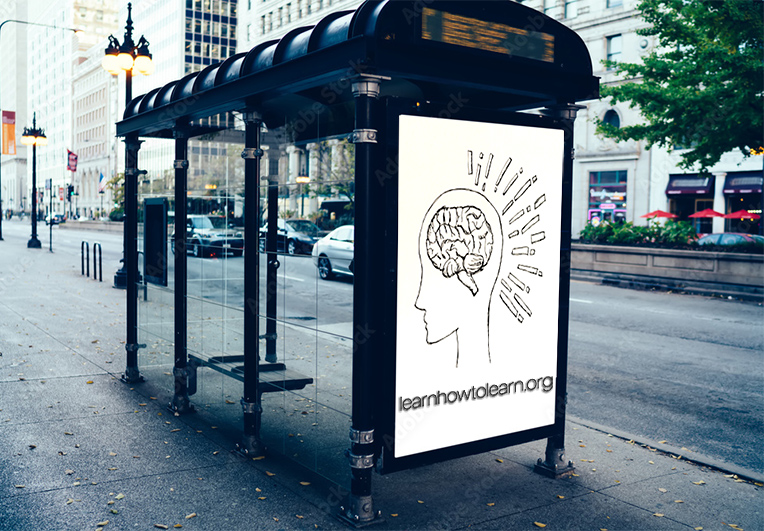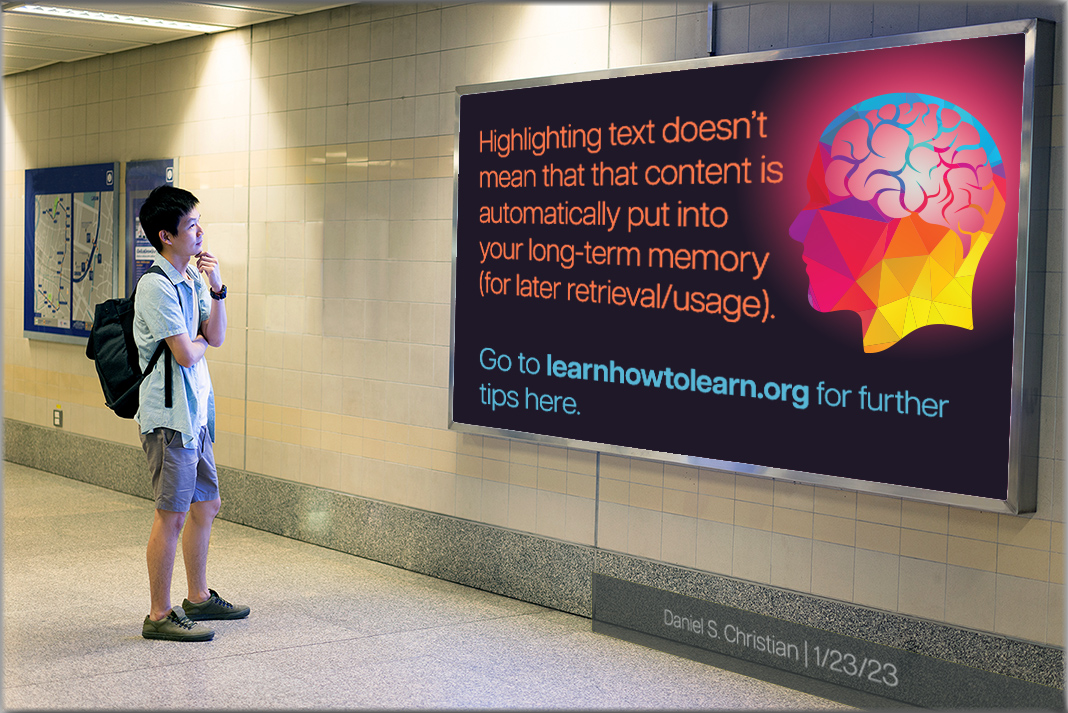Teaching: A University-Wide Language for Learning — from chronicle.com by Beckie Supiano
Excerpt (emphasis DSC):
Last week, as I was interviewing Shaun Vecera about a new initiative he directs at the University of Iowa, he made a comment that stopped me in my tracks. The initiative, Learning at Iowa, is meant to create a common vocabulary, based on cognitive science, to support learning across the university. It focuses on “the three M’s for effective learning”: mind-set, metacognition, and memory.
“Not because those are the wrong ways of talking about that. But when you talk about learning, I think you can easily see how these skills transfer across not just courses, but also transfer from the university into a career.”
From DSC:
This reminds me of what I was trying to get at here — i.e., let’s provide folks with more information on learning how to learn.



Also relevant/see:
Changing your teaching takes more than a recipe — — from chronicle.com by Beckie Supiano
Professors have been urged to adopt more effective practices. Why are their results so mixed?
Excerpts:
When the researchers asked their interview subjects how they first learned about peer instruction, many more cited informal discussions with colleagues than cited more formal channels like workshops. Even fewer pointed to a book or an article.
So even when there’s a really well-developed recipe, professors aren’t necessarily reading it.
…
In higher ed, teaching is often seen as something anyone who knows the content can automatically do. But the evidence suggests instead that teaching is an intellectual exercise that adds to subject-matter expertise.
This teaching-specific math knowledge, the researchers note, could be acquired in teacher preparation or professional development, however, it’s usually created on the job.
“Now, I’m much more apt to help them develop a deeper understanding of how people learn from a neuroscientific and cognitive-psychology perspective, and have them develop a model for how students learn.”
Erika Offerdahl, associate vp and director of the Transformational Change Initiative at WSU
From DSC:
I love this part too:
There’s a role here, too, for education researchers. Not every evidence-based teaching practice has been broken into its critical components in the literature,








